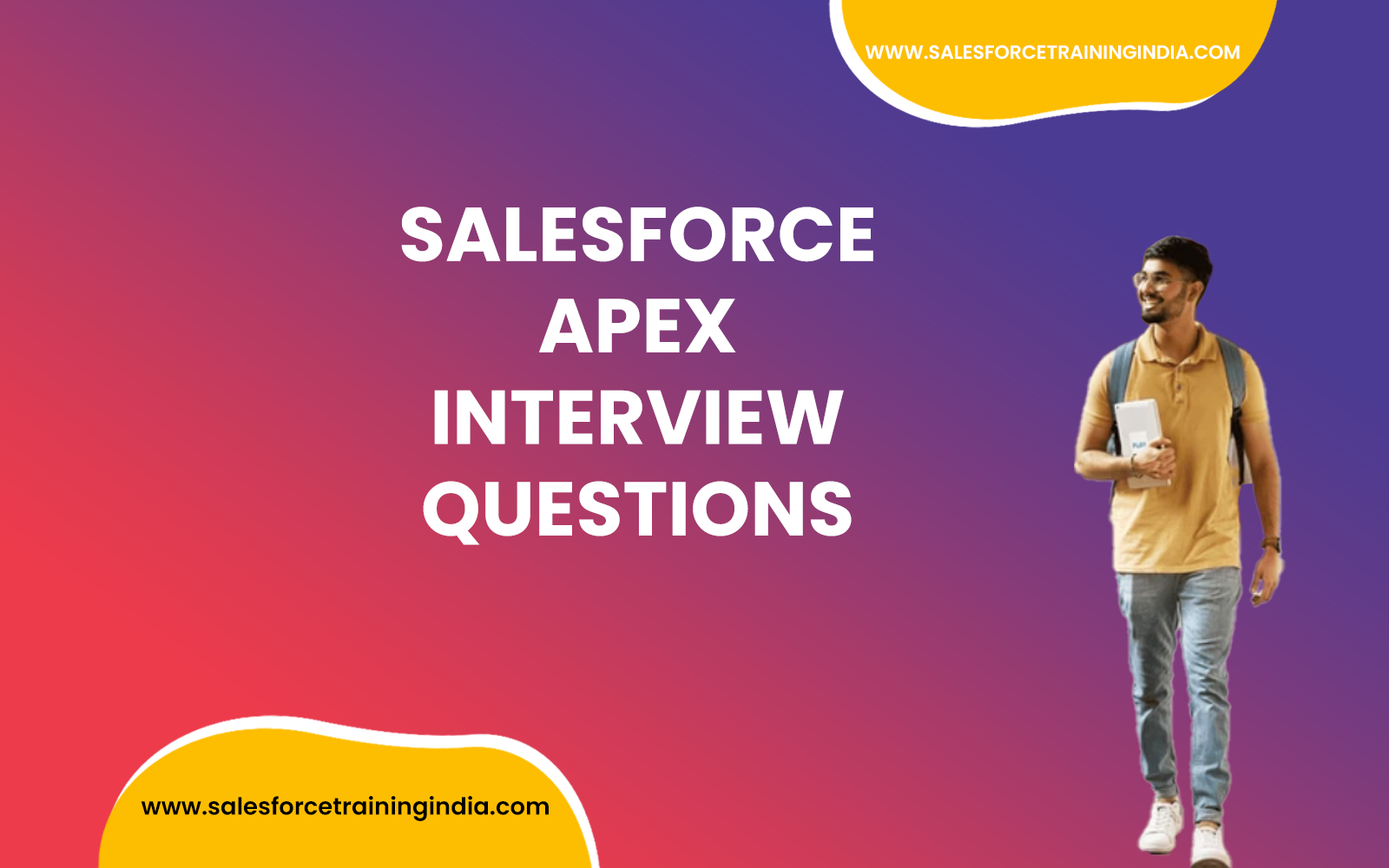Category: Salesforce Developer
-

How to Block Recursion in Triggers?
Question: How can recursion be effectively blocked in generic trigger handlers that handle all TriggerOperation types for arbitrary SObject types? Specifically, what are robust strategies to block recursion while allowing valid updates, handling partial updates, and avoiding side effects like blocking retries or workflows? Answer A proper strategy for recursion blocking depends on the context…
-

Why Does My Trigger Fail on Record Deletion?
Question Can you help me identify the issue with the following trigger and method? I’m encountering an error when trying to delete an employee record via the UI. The error message displayed is: “There’s a problem saving this record. You might not have permission to edit it, or it might have been deleted or archived.…
-
How to Fix MyIterable Constructor Error?
Question “The constructor MyIterable should accept parameter of type List<String>.” I am unable to complete the “Get Hands-On with an Iterable Variable in For Loops” Trailhead module because I keep getting the following error message: Here is the code I have for my MyIterable class, where its constructor is supposed to accept a List<String> parameter:…
-

Map Class in Salesforce
Salesforce provides a robust set of tools for developers to manipulate data and streamline processes within the platform. Among these tools is the Salesforce Map class, a crucial feature for developers looking to store, manage, and retrieve data efficiently. The Map class in Salesforce is particularly powerful for handling key-value pairs, making it an indispensable…
-

Salesforce Apex Interview Questions and Answers
Salesforce Apex is a robust, strongly-typed, object-oriented programming language that plays a crucial role in Salesforce development. Whether you’re preparing for an interview or looking to brush up on your skills, understanding key concepts and functionalities of Apex is essential. This guide provides a comprehensive list of the top Salesforce Apex interview questions, along with…
-
List Class in Salesforce Apex
The Apex List Class in Salesforce is a powerful and versatile collection type used to store an ordered collection of elements. Lists in Apex are dynamic, meaning they can grow or shrink in size as elements are added or removed, making them highly flexible for various programming scenarios. This class provides a range of methods…
-

Salesforce Reports and Dashboards
Salesforce Reports and Dashboards are like your data’s storytellers. They help you visualize and understand your organization’s information, making it easier to make informed decisions. Think of them as the charts, graphs, and summaries that transform raw data into meaningful insights. What are Salesforce Reports? Salesforce Reports are powerful tools used to collect, display, and…
-

Salesforce Approval Processes
Salesforce Approval Processes are like automated decision-makers within your organization. Think of them as a set of predefined steps that determine whether certain records or requests get approved or rejected. These processes help organizations streamline decision-making and ensure consistency in their approval workflows. Why Salesforce Approval Processes Are Important? Imagine you have a request for…
-

Salesforce Workflow Rules
Salesforce Workflow Rules are like automated assistants that help you manage and streamline your business processes. Think of them as a set of predefined instructions that specify what should happen when certain conditions are met in your Salesforce data. What are workflow Rules in Salesforce? Workflow Rules in Salesforce are automated processes that help streamline…
-

Visualforce Pages in Salesforce
Visualforce Pages in Salesforce are like custom web pages that you can create to display data and functionality in your Salesforce organization. Think of them as a way to design and present information to your users in a format that suits your specific needs. Why Visualforce Pages Are Important? Imagine you have a unique set…